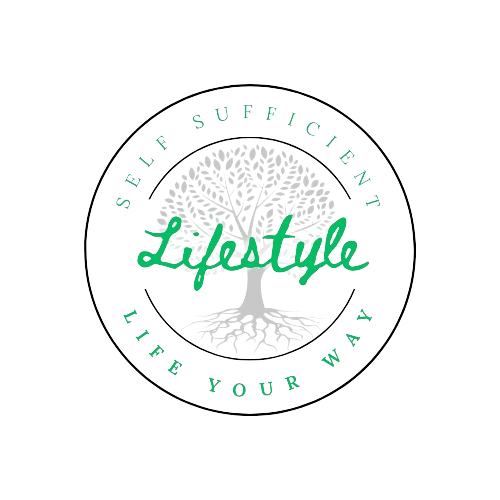
In today’s fast-paced world, where consumerism and materialism often reign supreme, the concept of minimalism offers a refreshing alternative. Minimalism is not just about decluttering your physical space; it’s a mindset, a philosophy, and a way of life that prioritizes simplicity, intentionality, and mindfulness. By embracing the principles of minimalism, individuals can simplify their lives, reduce stress, and minimize their environmental impact. In this blog post, we’ll explore the art of minimalism and how it can lead to greater happiness, reduced stress, and a smaller ecological footprint.
Understanding Minimalism: More Than Just Decluttering
At its core, minimalism is about living with less—less stuff, less clutter, less distraction. But it’s also about living with intention and purpose, focusing on what truly matters and letting go of the rest. Minimalism encourages individuals to question consumerist culture and societal norms, to be mindful of their consumption habits, and to prioritize experiences and relationships over material possessions.
The Benefits of Minimalism: Happiness, Stress Reduction, and Environmental Sustainability
Embracing a minimalist lifestyle can have profound benefits for both individuals and the planet. By simplifying their lives and reducing their possessions, people often find greater happiness, contentment, and peace of mind. Minimalism can also lead to reduced stress and anxiety, as individuals are freed from the burden of excessive stuff and the pressure to keep up with societal expectations.
From an environmental perspective, minimalism offers a sustainable alternative to the culture of overconsumption and waste. By consuming less and living more simply, minimalists minimize their ecological footprint, conserving natural resources, reducing waste, and mitigating the negative impacts of consumerism on the planet.
Practical Tips for Embracing Minimalism
If you’re intrigued by the idea of minimalism and eager to simplify your life, here are some practical tips to help you get started:
1. Declutter your space: Start by decluttering your home, one room at a time. Donate or sell items you no longer need or use, and create a space that is clean, organized, and free of excess stuff.
2. Prioritize experiences over possessions: Instead of spending money on material goods, invest in experiences that bring you joy and fulfillment, such as travel, hobbies, and spending time with loved ones.
3. Practice mindful consumption: Before making a purchase, ask yourself if the item is truly necessary and if it aligns with your values and priorities. Avoid impulse buying and focus on buying only what you need.
4. Reduce digital clutter: Simplify your digital life by unsubscribing from email lists, deleting unused apps and files, and limiting your time on social media and other digital distractions.
5. Cultivate gratitude: Shift your focus from what you lack to what you already have, practicing gratitude for the simple pleasures in life and appreciating the abundance that surrounds you.
Minimalism is not about deprivation or austerity; it’s about liberation and empowerment. By simplifying our lives, we can free ourselves from the trappings of consumerism, reduce stress, and cultivate greater happiness and contentment. And in doing so, we can also minimize our environmental impact and contribute to a more sustainable and harmonious world.

